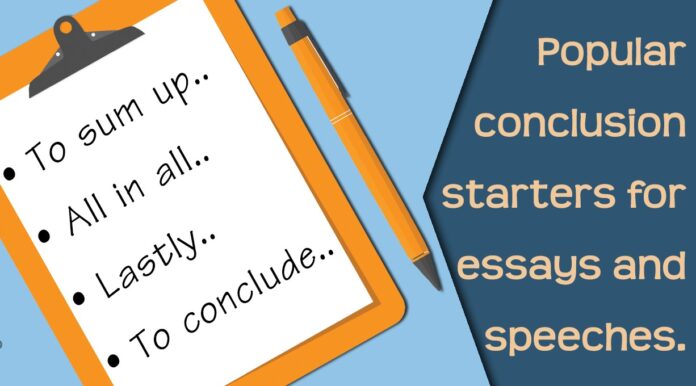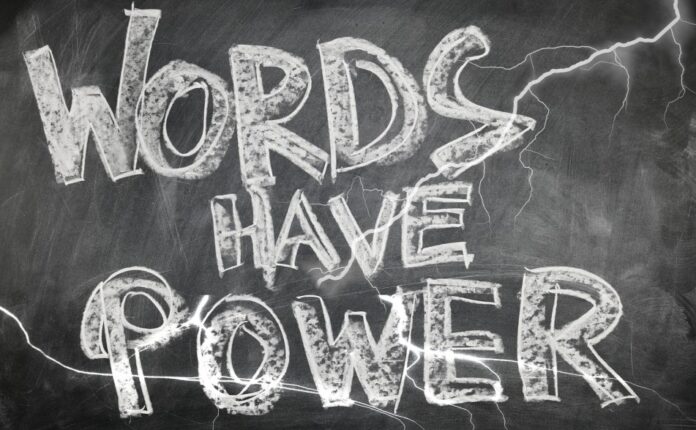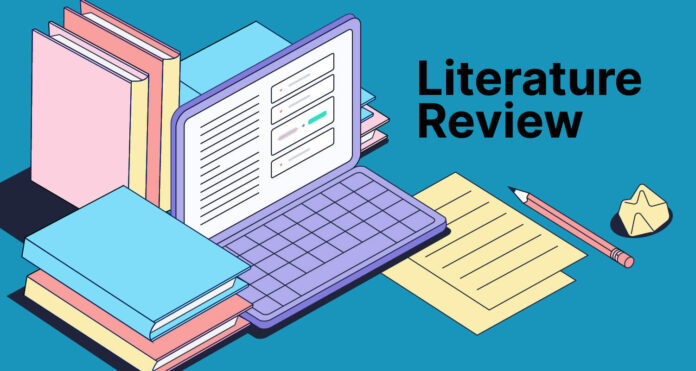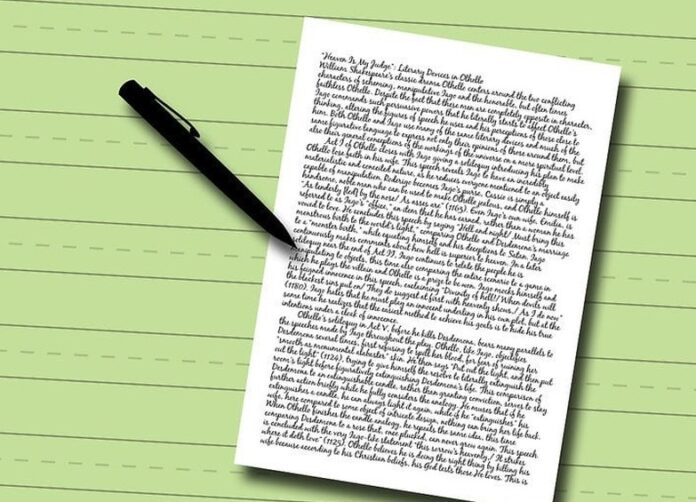The ending of an essay makes it either memorable or another usual paper. While you have already written the largest part of the paper, you need a captivating conclusion. The conclusion will determine whether or not the reader will agree with your ideas.

The conclusion should be short but must convince the reader to take your point of view. To write a strong conclusion, you need to understand the role of this section in an essay.
- The conclusion summarizes all the ideas you have discussed in the essay. Notice that you were discussing the ideas individually. It is now time to bring them together into a singular perspective through the conclusion. The best conclusion should make the reader feel as though he has read the entire paper in two minutes. All points come together like pieces of a jigsaw puzzle.
- The conclusion is an opportunity to convince the reader to agree with your perspective. You have already presented data, Literature Review, and personal opinion. It is time to combine all these pieces of information into a single point so that the reader can agree with your conclusion. It explains the use of personalized and compelling words in this attempt.
- The conclusion reminds the reader of your thesis statement. The thesis statement and question are pacesetters. They point at the perspective a reader should take when interacting with your ideas. At the conclusion, you remind a reader who could have been lost in your arguments and would now want to see the logic behind this expansive discussion. It is time to tie down the introduction with the points you have discussed. The conclusion will remind the reader about his point of departure.
- The conclusion establishes closure in a discussion. Academic discussions involve the exploration of multiple ideas. All these ideas are not individually convincing. It takes a conclusion to point at the strength of individual points and how each of them comes together into a larger picture that makes sense to the reader. The aim is to create a satisfactory and logical ending that makes your paper interesting to read.
- The conclusion sets the stage for new discussions and further research. It depends on the ideas you have discussed. Some of them may be controversial and groundbreaking such that they change the trajectory of academic discourse. If you convince readers that the old point of view cannot work anymore, you will ignite fresh debate on the subject.
If the conclusion is so important in essay writing, how do you make the chapter strong and compelling? The answer is in the choice of words and the structure you adopt. While emotions do not have a prominent place in academic writing, the conclusion is an exception. Here are the best tricks and tips to craft the most compelling conclusion.
1. Reconnect with the introduction

Every essay begins with an introduction. The introduction sets the pace and determines the trajectory of your discussion. The conclusion should, therefore, pick its cue from the introduction.
The introduction captures the thesis statement. The statements or questions point at the ideas or subject you desired to investigate in your writing. It is time to demonstrate whether your investigations bore fruits. You need to convince the reader that the points you were making all through your discussion are valid.
Mention the thesis statement as a reminder. It helps the reader to recall the central point and easily relate it with the points discussed in the body and the conclusion you are making. Since the reader now understands your perspective, he can determine whether the points you are making are valid or not.
2. Personalize the conclusion using emotional words

Academic writing is heavily reliant on facts. It leaves little space for emotional appeal, but the conclusion is an exception. You are even allowed to get personal as long as you can justify the appeal.
Choose words that convince the reader to agree with your perspective or idea. Any research finding that may weaken your discussion is ignored. Focus on the ideas that will help you to make the point you desire.
The emotional appeal must be logical. Base your argument on the ideas you have already discussed in the body. You have a few sentences or paragraphs to convince the reader to buy your point of view. Make that appeal as strong as possible.
3. Keep it short
The conclusion should be as short as possible. It involves restating the ideas you have already discussed in the body of your essay. Do not include any new points or start fresh arguments about the existing subject.
The conclusion is a moment to wrap up the discussion. It does not involve any new ideas. It is only supposed to help the reader to have an overview of the point you have been making all along. Keep it short yet compelling enough for the reader to agree with you. Hire expert essay helpers from MyPaperWriter to help you craft the best paper.
4. No new ideas

Stick to the ideas already discussed in the body of your essay. Introducing new ideas only confuses because you have to begin supporting them using data and Literature Review. The conclusion is supposed to be a summary of the ideas you have already presented in the body of your paper.
Mention each thesis question or idea and the response it got through data and Literature Review. Keep the mentions a sentence or two long. You avoid restating what you have already said in the body of your paper. The conclusion will be compelling and easy to agree with if it features ideas already discussed in the body of your paper.
5. Check a few samples

The conclusion is one of the most important chapters of an essay. Check quality samples to guide you in crafting the best conclusion. Samples from your tutor, the library, or credible writing services are recommended because of their quality.
A strong essay ending convinces the reader to buy into your point of view. It should remain short by only discussing the points mentioned in the body of the paper. Make an emotional appeal to convince the reader to agree with your perspective.









